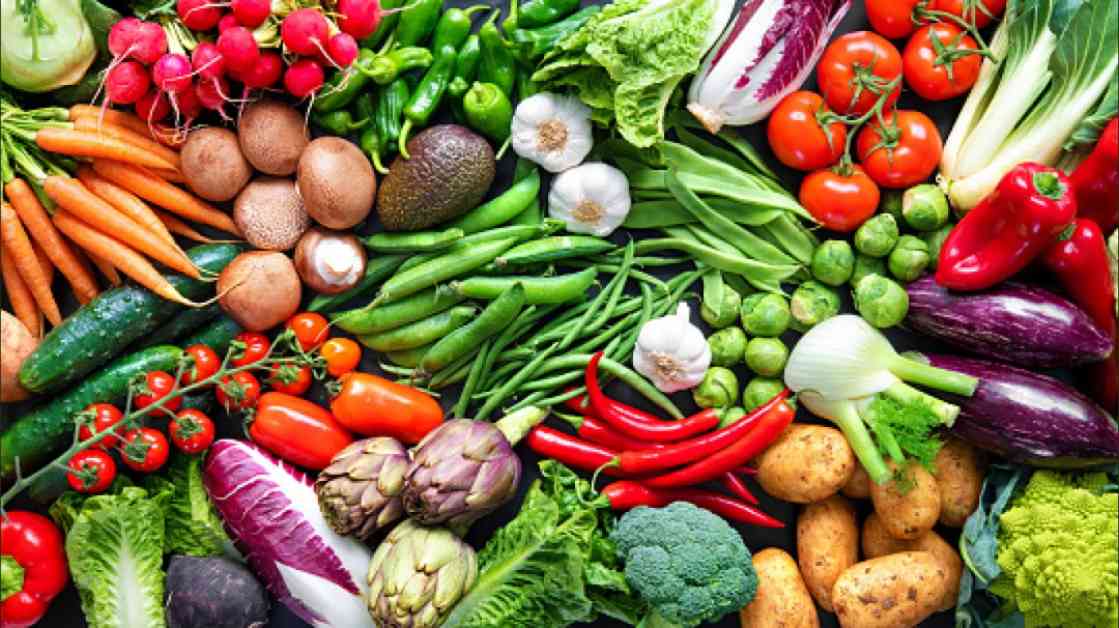Impact of Supply Shortages on Mumbai Vegetable Prices
The bustling city of Mumbai is currently facing a surge in vegetable prices due to supply shortages at the wholesale market of the Mumbai Agricultural Produce Market Committee (APMC) in Vashi. The prices of various vegetables have skyrocketed, causing distress among the common people who are now forced to pay exorbitant rates for their daily produce.
According to reports, the price of vegetables at the wholesale market has increased from INR 2 to INR 5. However, the situation is even worse in the retail market, where vendors are selling vegetables at inflated prices ranging from INR 100 to INR 120 per kilogram. This drastic increase in prices has left many consumers struggling to afford basic necessities, especially during these challenging times.
One of the sellers at the market explained that the rise in vegetable prices can be attributed to a decrease in the arrival of vegetables due to changes in the environment. Vegetables primarily come from regions like Pune, Nashik, and Kolhapur, with additional imports from Gujarat and Karnataka. However, on a recent Wednesday, only 560 vehicles arrived at the market compared to the usual 700, indicating a significant drop in supply.
Impact of Climate Change on Vegetable Production
Climate change has played a significant role in the reduced production of vegetables, leading to a shortage in supply and subsequently driving up prices. The seller mentioned that the income from vegetable sales has decreased due to these factors, forcing them to pass on the increased costs to consumers.
The wholesale market price for various vegetables has seen a significant increase, with peas now being sold at INR 19 per kilogram compared to the previous rate of INR 18. Similarly, cauliflower prices have surged from INR 32 to INR 120 per kilogram, further burdening consumers who rely on these essential food items.
Current Vegetable Prices in Mumbai
The current vegetable prices in Mumbai’s wholesale market paint a grim picture for consumers. Lady finger is now priced at INR 40 per kilogram, cauliflower at INR 32, ghevda at INR 52, bitter gourd at INR 31, capsicum at INR 33, eggplant at INR 37, fenugreek at INR 17, and peas at INR 18.
In comparison, the retail market prices tell a different story, with peas selling at a staggering INR 320 per kilogram and cauliflower at INR 120. Bitter gourd is priced at INR 100, lady finger at INR 80, eggplant at INR 80, ghevda at INR 100, capsicum at INR 100, and fenugreek at INR 50.
The disparity between wholesale and retail prices highlights the challenges faced by consumers who are now forced to pay significantly higher rates for basic vegetables, putting a strain on their budgets and daily meals.
In conclusion, the surge in vegetable prices in Mumbai due to supply shortages is a concerning issue that requires immediate attention. As climate change continues to impact vegetable production and supply chains, it is essential for authorities to address these challenges and find sustainable solutions to ensure that essential food items remain accessible and affordable for all residents.




















